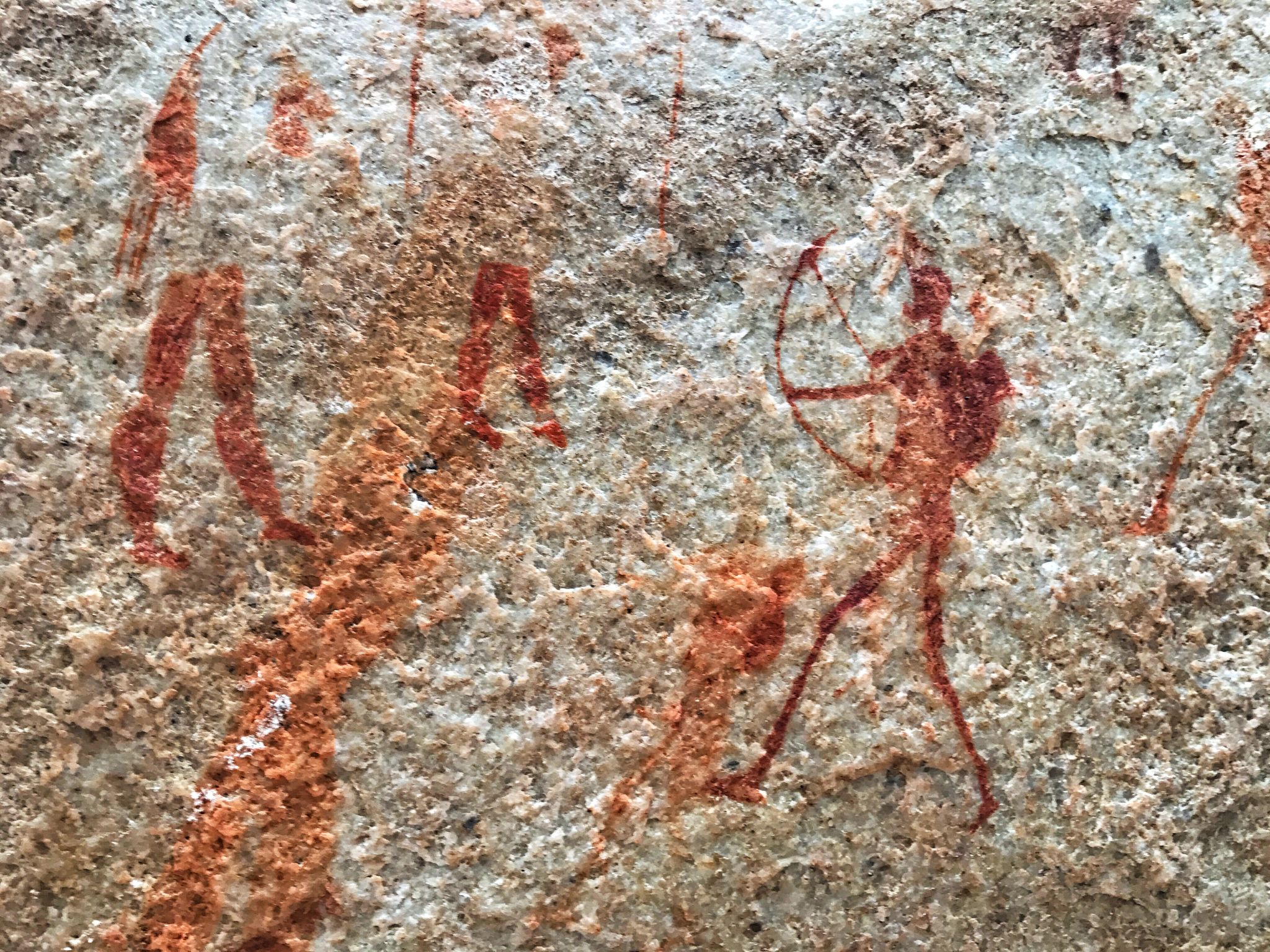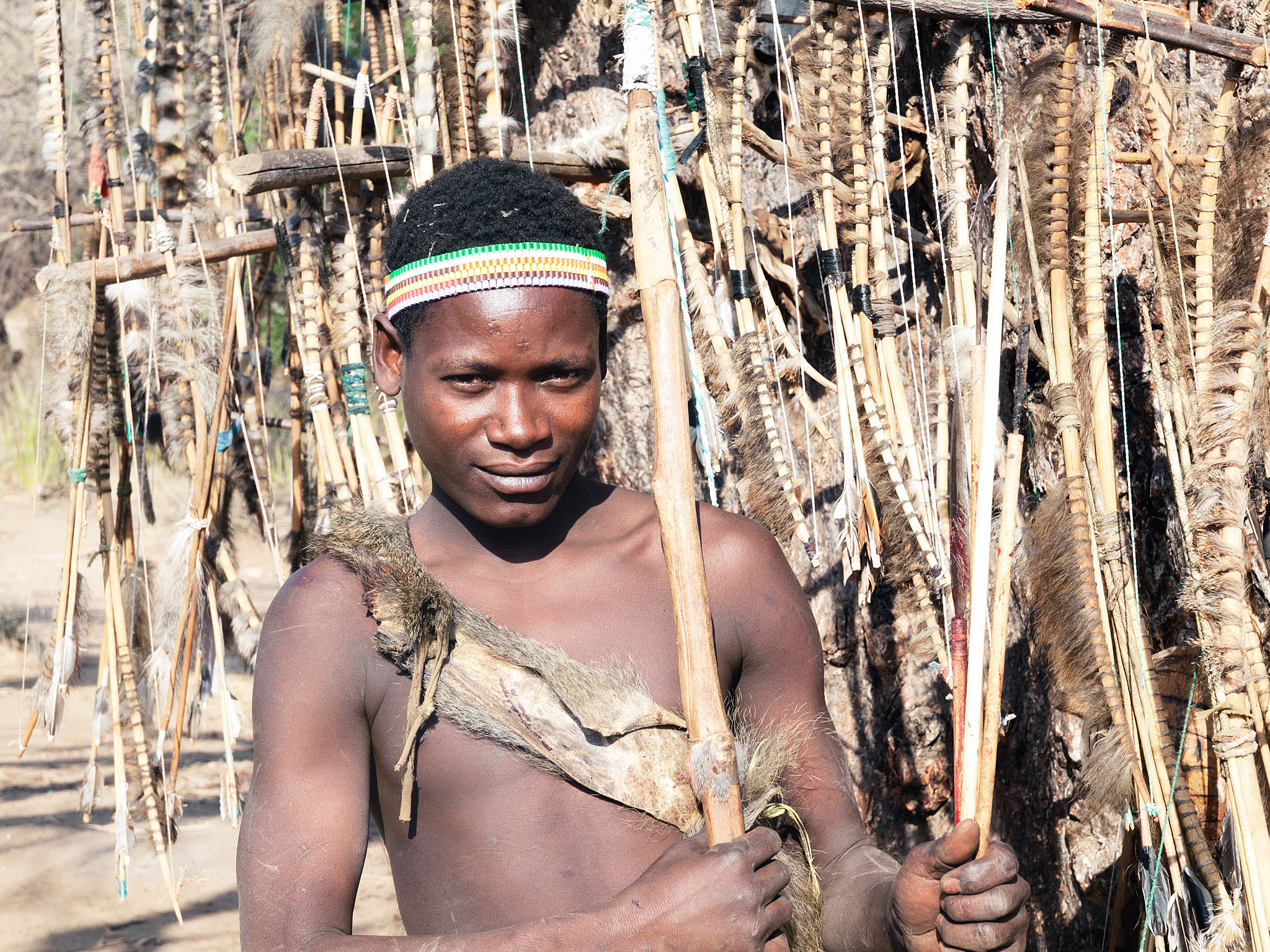Reviving Indigenous Tongues: The Impact of Khoe Language Classes in South Africa
Preserving Cultural Heritage
In South Africa, the revival of indigenous languages has become a focal point in preserving cultural heritage and fostering a sense of identity among native communities. Among these efforts, the introduction of Khoe language classes stands out as a significant achievement. These classes are not only about language preservation but also about restoring cultural pride and historical knowledge.
Languages carry the essence of cultural traditions, philosophies, and histories. The Khoe language, a part of the broader Khoisan languages, plays a crucial role in connecting its speakers to their ancestral roots. By learning and using the language, individuals and communities can engage with their heritage in a deeply meaningful way.
The Role of Educational Institutions
Educational institutions have been pivotal in the revival of the Khoe language. Schools and universities across South Africa have started integrating Khoe language classes into their curricula. This initiative not only provides students with the opportunity to learn an indigenous language but also encourages them to delve into the rich tapestry of Khoe culture.
By promoting these classes, educational institutions are helping to create a new generation of Khoe speakers who can continue the tradition of passing down the language. This is essential for ensuring that the language remains vibrant and relevant in modern times.

Community Involvement
The success of Khoe language revitalization efforts largely depends on community involvement. Local communities have taken an active role in supporting language classes, often providing resources and expertise to aid in teaching. Community elders, particularly, play a vital role by sharing their knowledge and experiences with learners.
In many areas, cultural events and gatherings are organized to celebrate and practice the language outside of the classroom environment. These events serve as a platform for community members to come together, exchange stories, and strengthen their bonds through shared linguistic heritage.

Challenges and Opportunities
Despite the positive strides made in reviving the Khoe language, there are still challenges to overcome. Limited resources and trained teachers are among the primary obstacles faced by institutions offering language classes. Additionally, many young people are more inclined towards dominant global languages, which they perceive as more beneficial for economic opportunities.
However, this situation also presents unique opportunities. The integration of technology in education can play a significant role in overcoming resource limitations. Online platforms and mobile applications can be developed to provide accessible learning materials for anyone interested in learning Khoe.
The Broader Impact
The impact of Khoe language classes extends beyond individual and community benefits. On a national level, promoting indigenous languages contributes to social cohesion and diversity. It reminds all South Africans of the country's rich cultural mosaic and the importance of preserving it for future generations.
Furthermore, the revival of indigenous languages like Khoe can serve as an inspiring model for other countries facing similar challenges. By showcasing successful strategies, South Africa can lead by example in global efforts to preserve endangered languages.

Looking Forward
As we look to the future, it is clear that continued support and expansion of Khoe language programs are essential. Stakeholders including governments, educational institutions, and communities must collaborate to ensure that these programs are sustainable and effective.
The revival of the Khoe language in South Africa is not just about saving words; it is about reclaiming culture, history, and identity. By embracing this initiative, South Africans are taking significant steps toward honoring their past while building a more inclusive future.